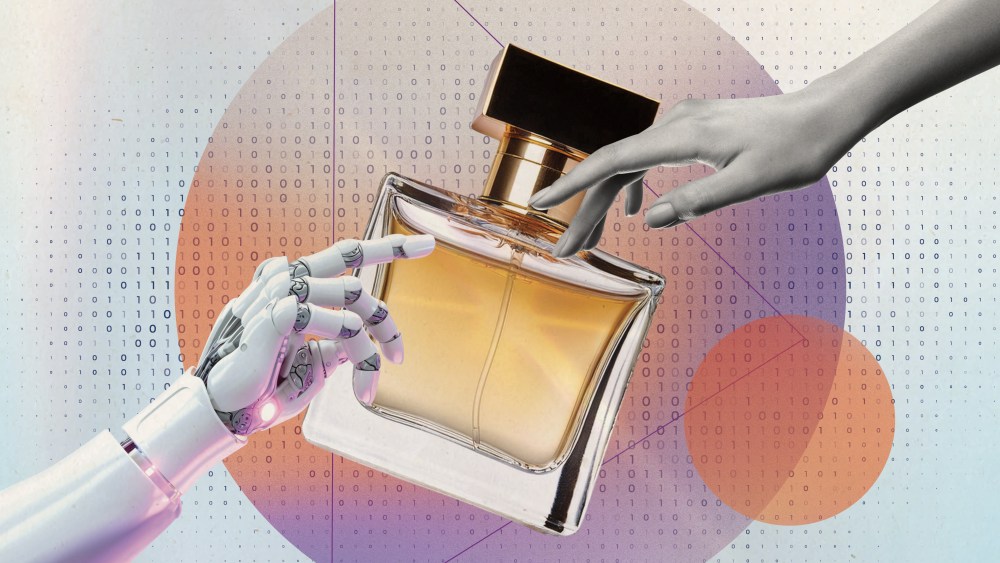In the innovative realm of fragrance creation, Alex Wiltschko, the brains behind Generation by Osmo, likens artificial intelligence to a simple tool, much like a hammer. This fresh start-up, founded in 2023, has introduced the concept of “olfactive intelligence” (OI) and is ambitiously working to “digitize scent.” Transitioning from a spacious New York lab to a more extensive manufacturing facility in New Jersey, Osmo aims to reimagine how fragrances are developed, not just by refining existing formulations but by constructing new scents from the molecular level.
Unlike traditional perfumery, where experienced artisans like Christophe Laudamiel craft fragrances by hand, Osmo employs AI to formulate “source codes” for natural olfactive ingredients. This technology allows them to replicate complex scents without needing the original materials. The process starts with a simple fruit slice, like plum, which is analyzed in a gas chromatograph mass spectrometer (GCMS) to decode its chemical composition. This enables them to recreate the smell digitally, representing a shift toward a more systematic and technical approach in fragrance development.
Osmo’s innovation doesn’t stop at reverse-engineering existing fragrances; they’re also pioneering entirely new olfactive molecules, like glossine, fractaline, and quasarine. By leveraging AI to sift through millions of molecular possibilities and predict the resulting scents, they can efficiently test select options for market viability. Wiltschko highlights that this agility allows brands to tap into fleeting cultural trends—fragrances can be developed and brought to market in just a few months, a significant acceleration compared to traditional timelines.
AI’s role in beauty technology extends beyond Osmo. For example, The Good Face Project is transforming the way cosmetic formulations are developed. Their platform harnesses large datasets to assist chemists in creating or modifying formulas based on existing successful products. This software-based approach enables rapid iterations and adherence to regulatory requirements, a stark contrast to the slower processes that dominated the industry previously. However, it primarily assists chemists rather than fully replacing human creativity, underscoring the nuanced interaction between AI and traditional methods.
Yet even as AI continues to carve out its niche in the beauty industry, the challenge remains in developing truly groundbreaking products. Companies like Debut, which focus on identifying new skincare molecules, represent the cutting edge of this trend. Using AI, they can analyze vast arrays of molecular structures to discover ingredients that could revolutionize skincare. This sophisticated methodology significantly reduces the time and resources needed for ingredient development, promising a future where innovative products are introduced at an unprecedented pace.
Despite the numerous advancements enabled by AI, human creativity and craftsmanship remain irreplaceable. Experts assert that AI serves as a powerful augmentation tool, enhancing the capabilities of perfumers and chemists rather than supplanting their expertise. While AI can streamline numerous processes and provide insights, the artistry of fragrance creation continues to require a personal touch. This balance between human intuition and technological precision reflects a broader industry evolution, where integrating smart solutions while retaining the art of fragrance remains a focal point for brands navigating this rapidly changing landscape.

